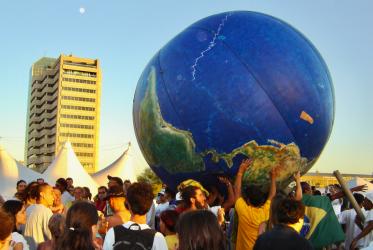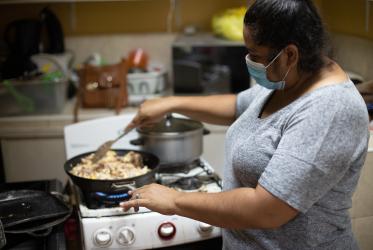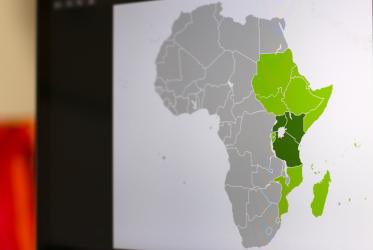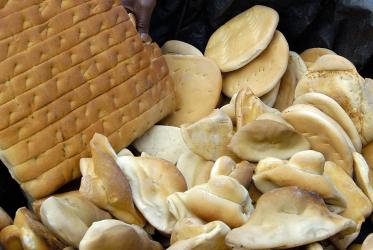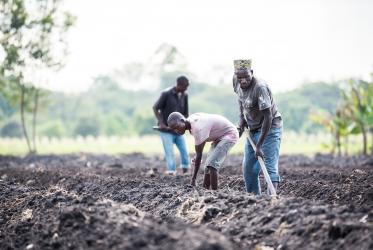Displaying 1 - 20 of 39
WCC Eco-School begins in Crete
15 November 2023
Webinar: “Climate Justice, Food, and Faith”
09 November 2021
Eco-School promotes blue communities, green churches
19 November 2019
WCC Eco-School begins in Thailand
07 November 2019
Worrying food shortages compel faith action
19 October 2018
WCC promotes Global Day of Prayer to End Famine
06 June 2018
